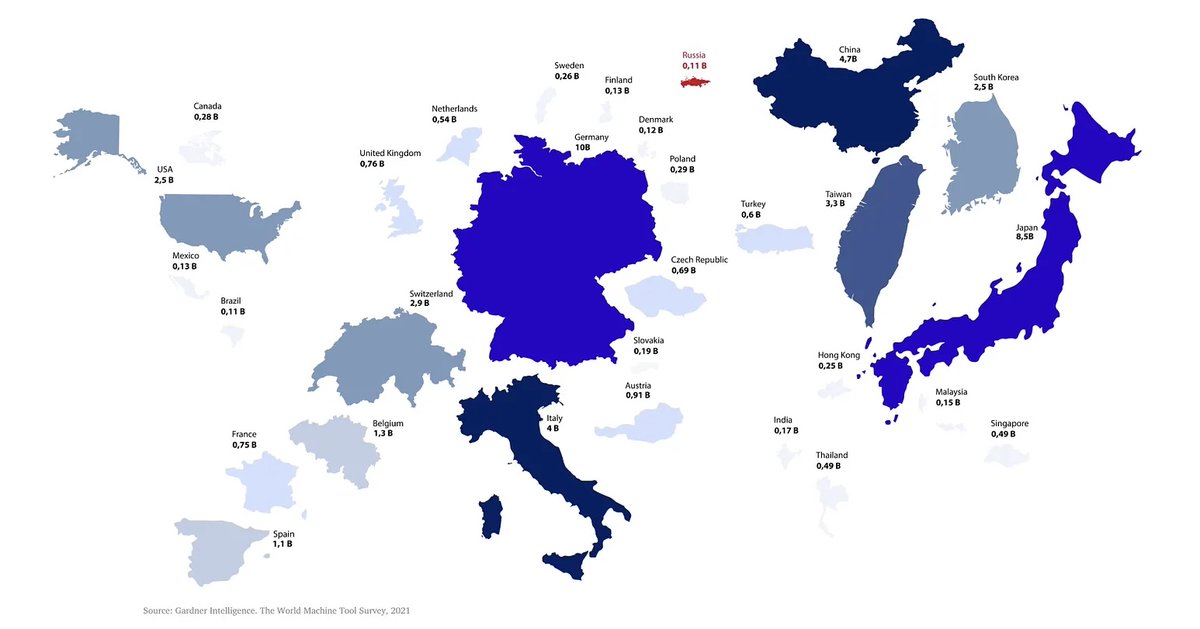Contrary to the popular view, significant superiority in the quantity of weaponry does translate into the military victory. The military output delta is a great predictor of whether you win or not, and the longer a war lasts, the better it works
You outproduce -> You win
You outproduce -> You win
One major Russian advantage is the sheer quantity of air defence missiles. Countering the enemy airforce & projectiles, air defence systems cover the Russian ground forces from every possible aerial threat. They also allow Russian airforce to bomb Ukrainians without distractions
Now how can Russia produce so much? Let's follow some of the key production operations in the manufacture of S400 missile at the MMZ Avangard. Part of the Almaz Antey corporation, it is a major Russian producer of air defence missiles
1. Casting
Casting = pouring liquid metal into a form (mould/die). This is the cheapest way of mass production by far. It is seldom automated and typically involves a lot of manual operations, like this
Primitive it looks, it is unbeatably cheap & efficient for mass production
Casting = pouring liquid metal into a form (mould/die). This is the cheapest way of mass production by far. It is seldom automated and typically involves a lot of manual operations, like this
Primitive it looks, it is unbeatably cheap & efficient for mass production
2. Pressing/forging
Serves to increase the strength of metal, and/or to give it a desired shape.
Still involves a fair deal of manual work. That is because transition to the computer control affected pressing/forging less. Thus ancient Soviet equipment can work perfectly well
Serves to increase the strength of metal, and/or to give it a desired shape.
Still involves a fair deal of manual work. That is because transition to the computer control affected pressing/forging less. Thus ancient Soviet equipment can work perfectly well
Casting & pressing work great for mass production. There is however a problem. They can seldom produce a component of high precision or convoluted geometry. And that is where you need another metalworking process: machining 
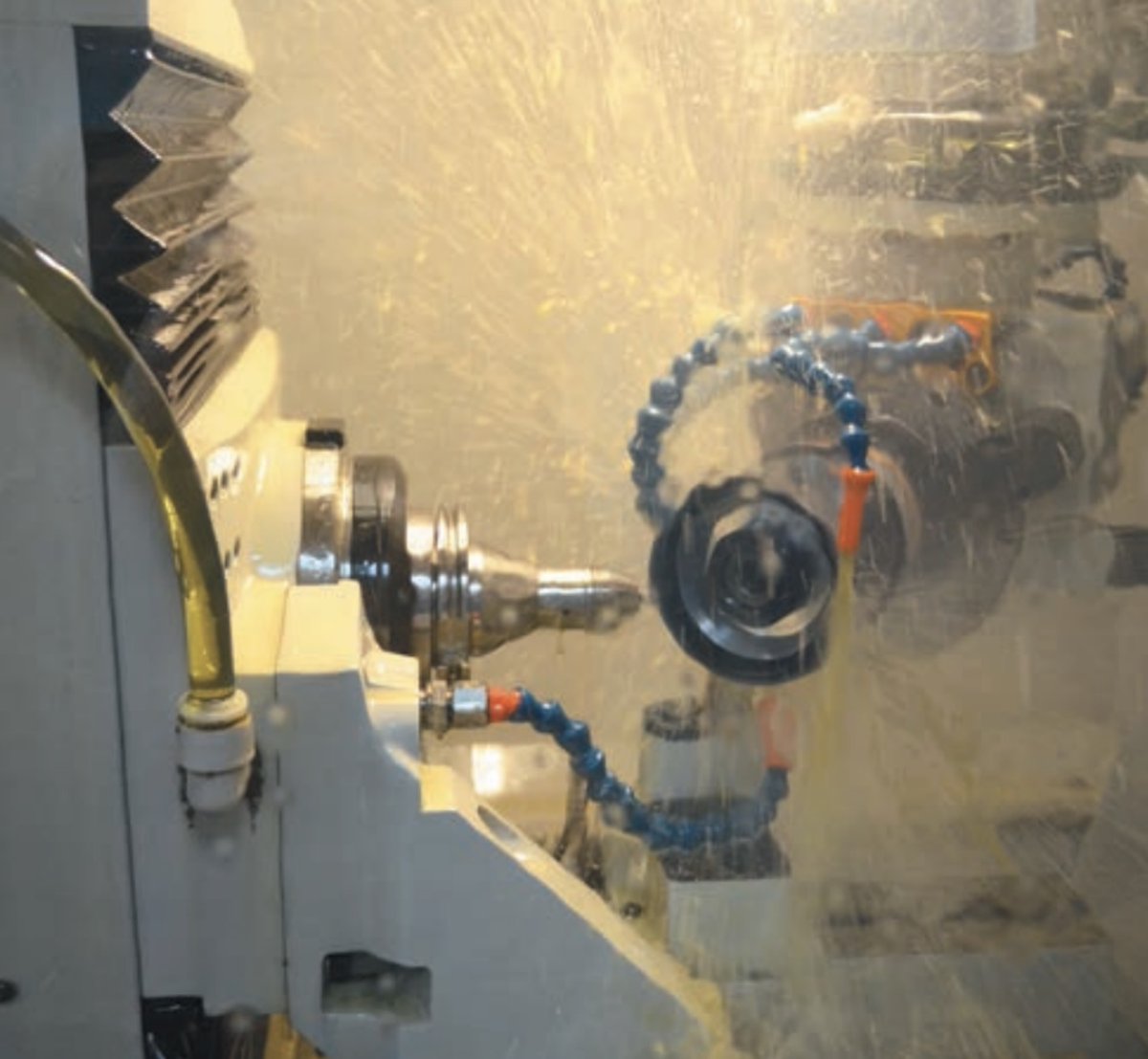
What is machining all about? As Michelangelo said:
"The sculpture is already complete within the marble block. I just have to chisel away the superfluous material"
And that is exactly how machining works. You take a workpiece, cut off the excess material -> get a precise part

"The sculpture is already complete within the marble block. I just have to chisel away the superfluous material"
And that is exactly how machining works. You take a workpiece, cut off the excess material -> get a precise part

3. Machining
And that is how machining is being conducted at the Avangard plant. Notice the contrast with the casting/pressing. Fully automated, no manual operations at all. That is because transition to the computer control revolutionized this specific process completely
And that is how machining is being conducted at the Avangard plant. Notice the contrast with the casting/pressing. Fully automated, no manual operations at all. That is because transition to the computer control revolutionized this specific process completely
That's how machining used to be conducted
That's how it is being conducted now
Fully digitised, extremely software-reliant. Manual operations excluded
That's how it is being conducted now
Fully digitised, extremely software-reliant. Manual operations excluded
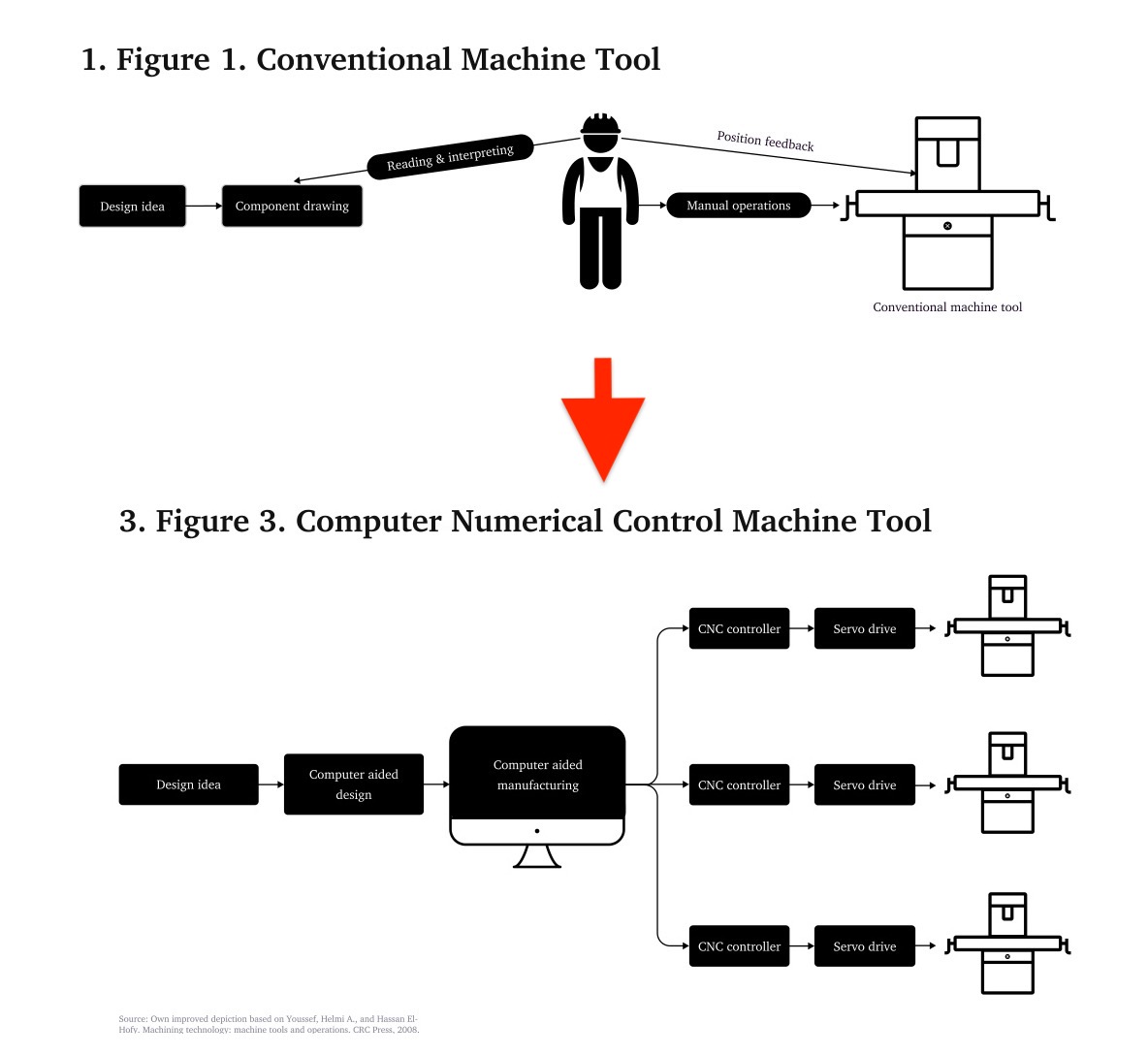
That's how machining used to be conducted (1976)
That's how it is being conducted now (2012)
Nothing in common
(This is an example from the Kalinin Plant, see ) kamilkazani.substack.com/p/how-to-make-…

That's how it is being conducted now (2012)
Nothing in common
(This is an example from the Kalinin Plant, see ) kamilkazani.substack.com/p/how-to-make-…
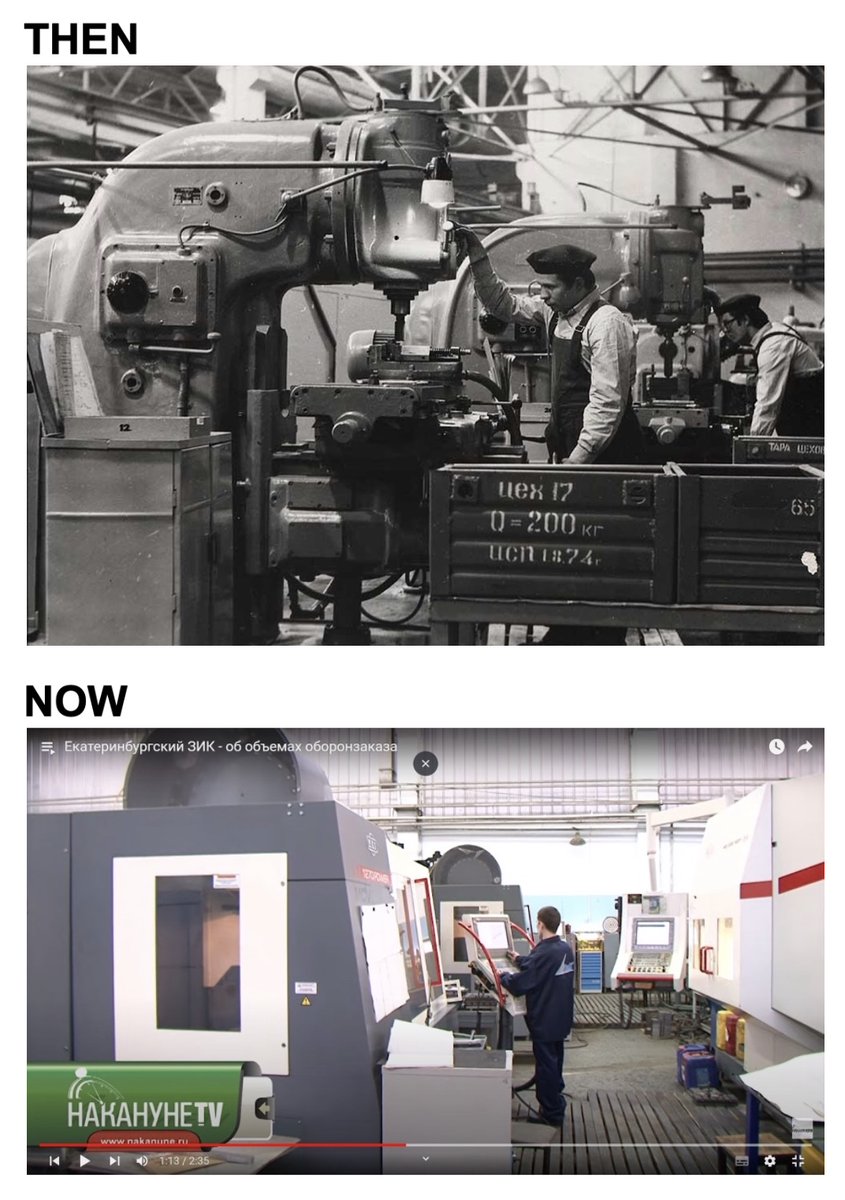
Machining is how you make a missile (for most part). It is the very high precision machining capacity that determines the Russian ability to outproduce it enemies. And the Avangard Plant's machining base does not include imported machines. It consists of them

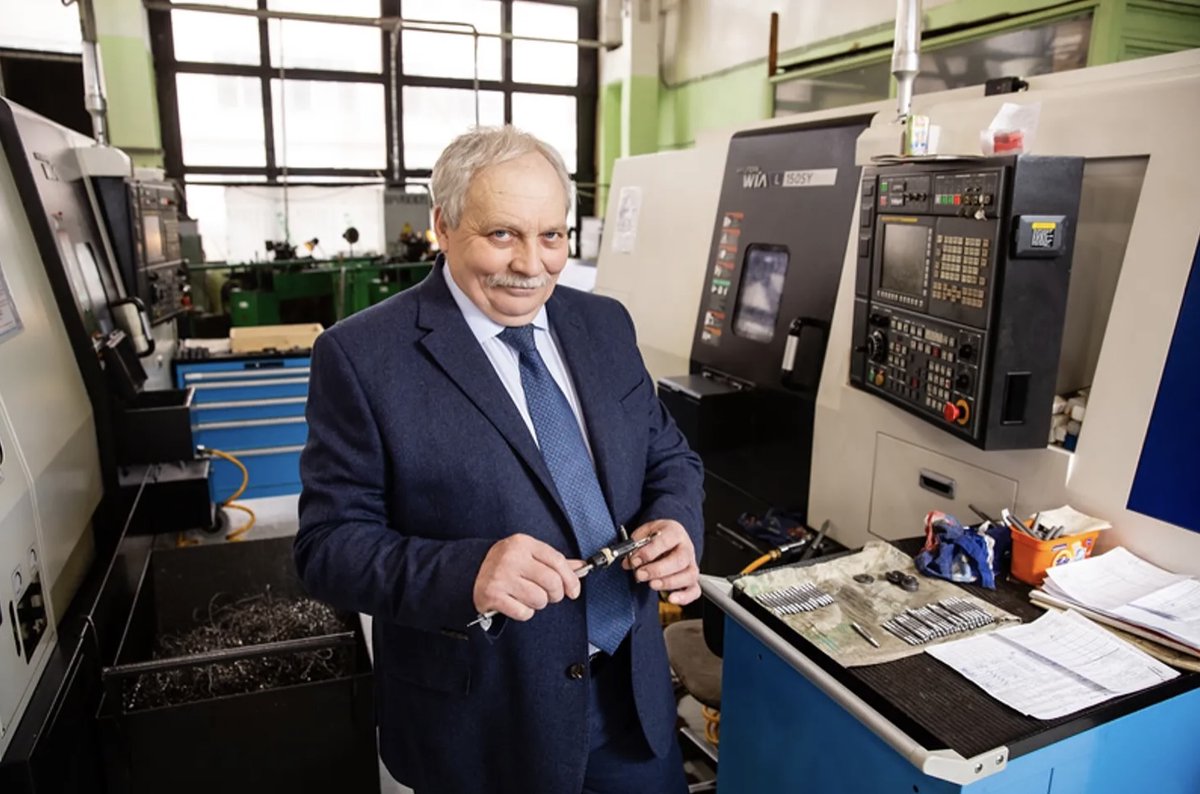
Let's consider the Avangard's corporate report for 2012. Why 2012? Well, because it was published in 2013. And starting from 2014 (=Crimea), the plant became very much less transparent. So this is the very, very last glimpse into its high transparency era
That's what they had on balance/in lease in 2012

That's what they had on balance/in lease in 2012
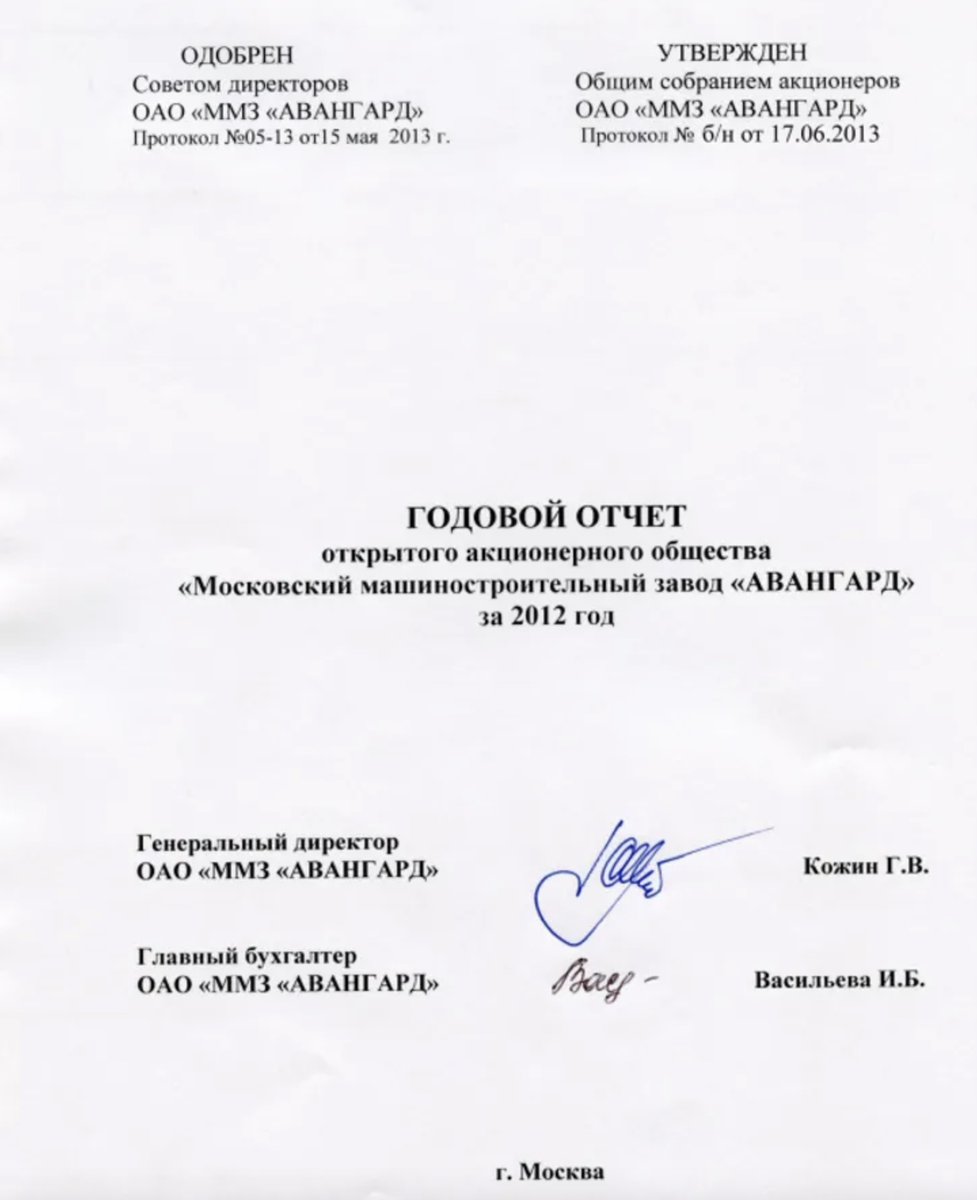
Full list of machining equipment:
🇨🇭Switzerland: Center lathe machine tool “SCHAUBLIN” model 150A; Universal milling machine tool “SCHAUBLIN” model “53N”; Spark-erosion machine tool “AGIE” model “AGIETRON 370C” [now “GF machining solutions”]
🇩🇪 Germany: universal milling machine “DECKEL” model “FR3”; Five Axis Vertical Milling Machining Center "Spinner U5-620" with CNC "Heidenhain TNC 620+HSCI" panel
🇮🇹 Italy: Flat grinding machine “ROSA” model “RTRC 1200”;
🇪🇸 Spain: Spark-erosion machine tool “ONA” model “KE 500”;
🇺🇸 USA: Coordinate boring machine “SIP” model “MP 3 K” [“Hauser”], coordinate grinding machine “HAUSER” model “S 50 DR”;
🇯🇵 Japan: Spark-erosion machine ROBOCUN-0iD (Fanuc)
🇰🇷 South Korea: Vertical machining center “DNM 500” (VT-40) “DOOSAN”, vertical machining center “DNM 650” (VT-40) “DOOSAN”
🇹🇼 Taiwan: Circular grinding machine "JHU-4010H", circular grinding machine "JHU-2706H", profile grinding machine "Techmaster 634 Easy", radial drilling machine "WJR1112S", surface grinding machine "JL-6020 AHR", Vertical machining center “LG-500AP”; Vertical machining center “TORNADO HCMC 15AP”
🇨🇭Switzerland: Center lathe machine tool “SCHAUBLIN” model 150A; Universal milling machine tool “SCHAUBLIN” model “53N”; Spark-erosion machine tool “AGIE” model “AGIETRON 370C” [now “GF machining solutions”]
🇩🇪 Germany: universal milling machine “DECKEL” model “FR3”; Five Axis Vertical Milling Machining Center "Spinner U5-620" with CNC "Heidenhain TNC 620+HSCI" panel
🇮🇹 Italy: Flat grinding machine “ROSA” model “RTRC 1200”;
🇪🇸 Spain: Spark-erosion machine tool “ONA” model “KE 500”;
🇺🇸 USA: Coordinate boring machine “SIP” model “MP 3 K” [“Hauser”], coordinate grinding machine “HAUSER” model “S 50 DR”;
🇯🇵 Japan: Spark-erosion machine ROBOCUN-0iD (Fanuc)
🇰🇷 South Korea: Vertical machining center “DNM 500” (VT-40) “DOOSAN”, vertical machining center “DNM 650” (VT-40) “DOOSAN”
🇹🇼 Taiwan: Circular grinding machine "JHU-4010H", circular grinding machine "JHU-2706H", profile grinding machine "Techmaster 634 Easy", radial drilling machine "WJR1112S", surface grinding machine "JL-6020 AHR", Vertical machining center “LG-500AP”; Vertical machining center “TORNADO HCMC 15AP”
This list reflects:
Leadership of Western Europe. High capacity, high capability
Learning progress of Taiwan and South Korea. Still limited capability, but already high capacity
Quantitative decline of the USA. Still high capability, but already limited capacity
Leadership of Western Europe. High capacity, high capability
Learning progress of Taiwan and South Korea. Still limited capability, but already high capacity
Quantitative decline of the USA. Still high capability, but already limited capacity
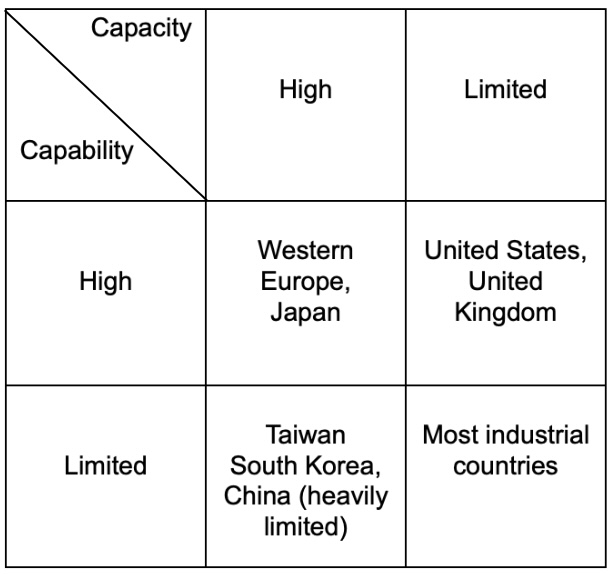
The absence of Russia-made machining equipment is not very surprising The post-Soviet collapse ruined Russian machine tool production and the technological disruption (transition to computer control) finished it. So starting from 2003, Putin just outsourced the production abroad 
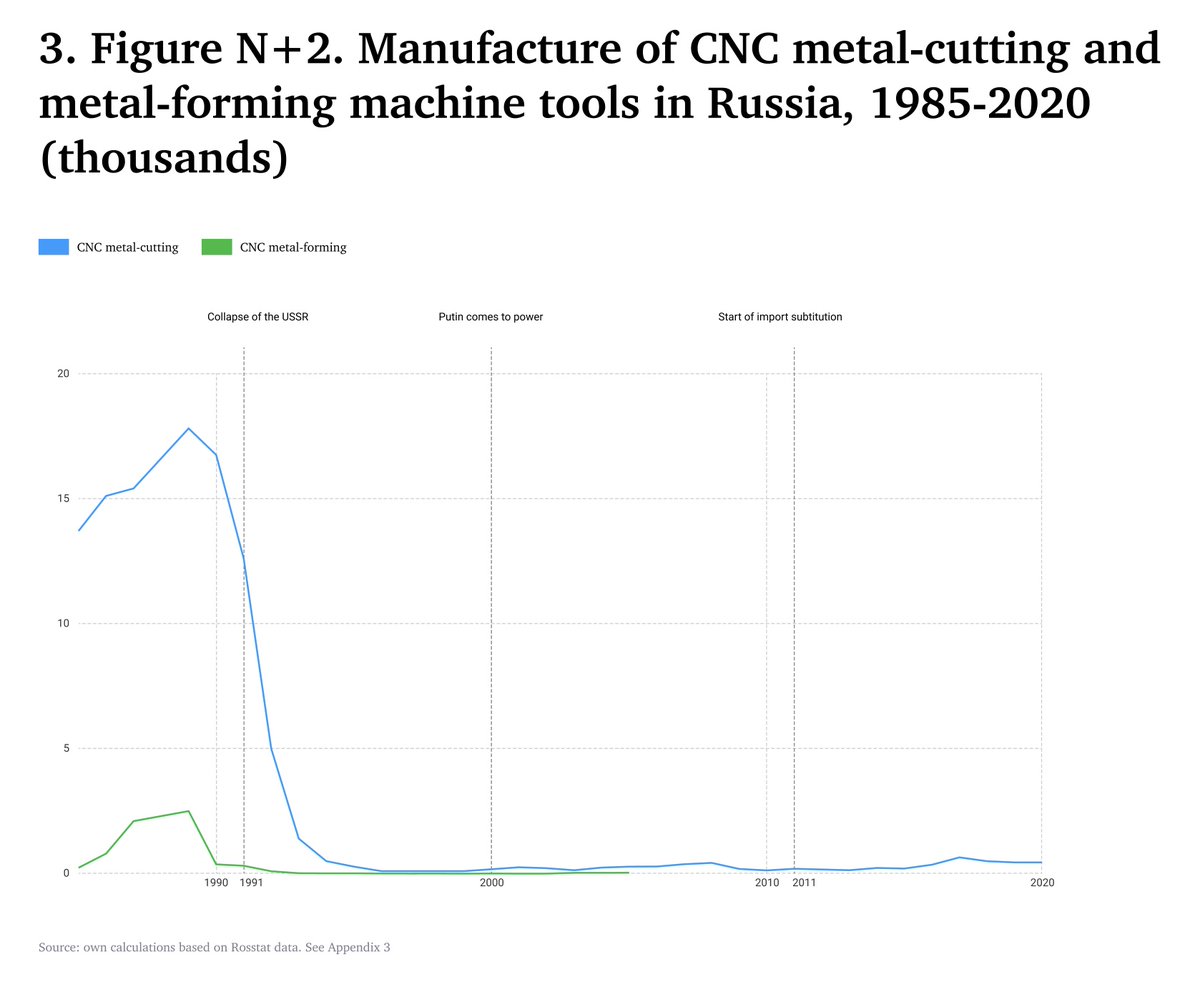
What is really interesting, and somewhat unexpected in this list is the brilliant absence of China
There was apparently nothing Chinese at the Avangard Plant in 2012
Nothing at all
There was apparently nothing Chinese at the Avangard Plant in 2012
Nothing at all

Some relevant context:
1. Manufacturing chain: Does China produce everything?
Spoiler: No
kamilkazani.substack.com/p/the-manufact…
1. Manufacturing chain: Does China produce everything?
Spoiler: No
kamilkazani.substack.com/p/the-manufact…
3. Transition from the manual to computer control and its consequences
kamilkazani.substack.com/p/the-mechatro…
kamilkazani.substack.com/p/the-mechatro…
5. Review of the machining equipment at the Kalinin Plant (air defence)
kamilkazani.substack.com/p/how-to-make-…
kamilkazani.substack.com/p/how-to-make-…
• • •
Missing some Tweet in this thread? You can try to
force a refresh

